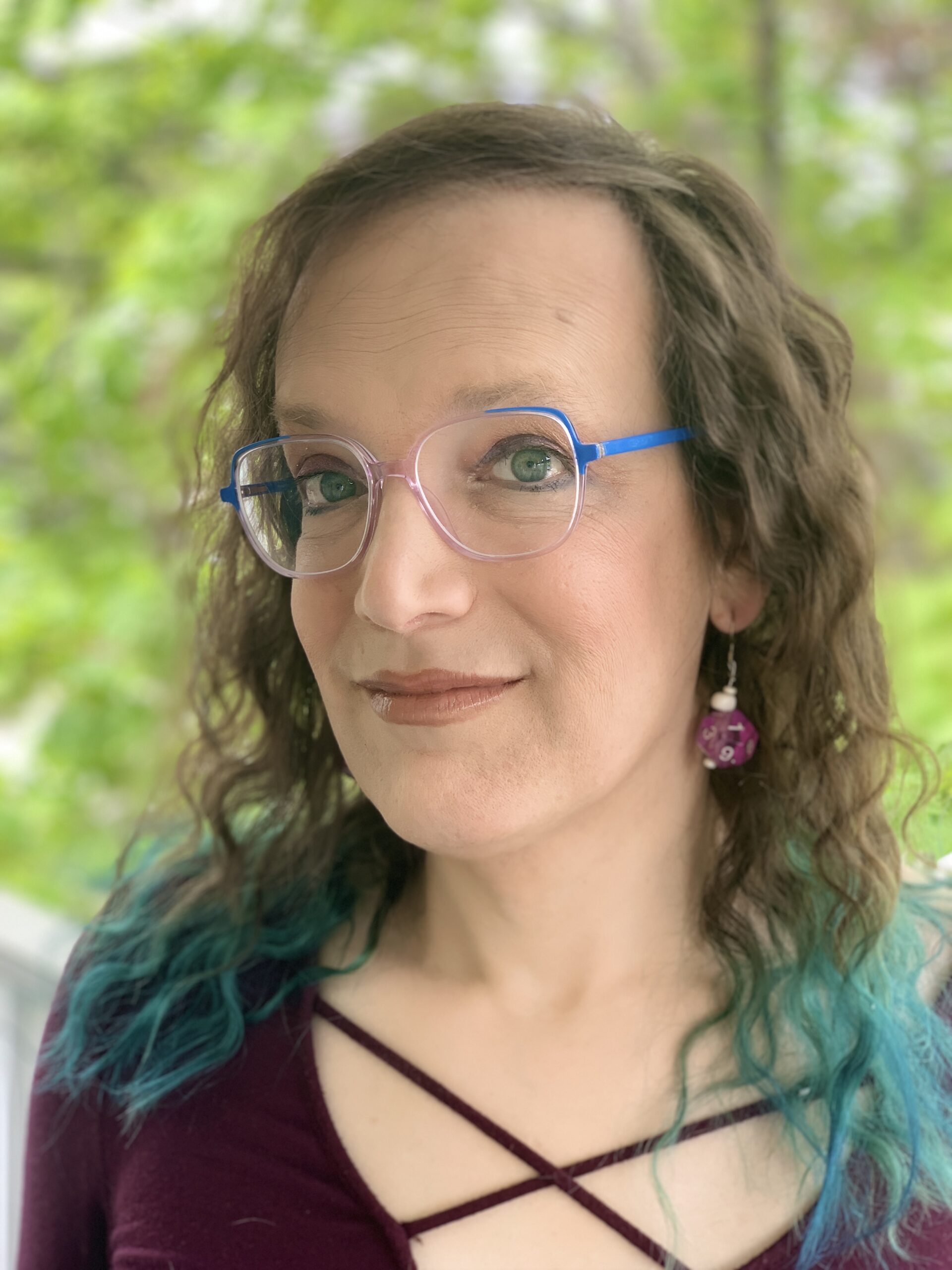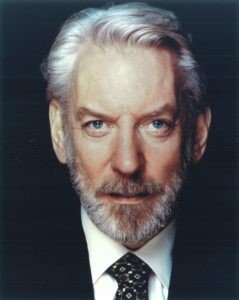From the author of The Immortal King Rao, finalist for the Pulitzer Prize,a personal exploration of how technology companies have both fulfilled and exploited the human desire for understanding and connection.
SEARCHES
by Vauhini Vara
Pantheon, April 2025
(via Writers House)
 When it was released to the public in November 2022, ChatGPT awakened the world to a secretive project: teaching AI-powered machines to write. Its creators had a sweeping ambition—to build machines that could not only communicate, but could do all kinds of other activities, better than humans ever could. But was this goal actually achievable? And if reached, would it lead to our liberation or our subjugation?
When it was released to the public in November 2022, ChatGPT awakened the world to a secretive project: teaching AI-powered machines to write. Its creators had a sweeping ambition—to build machines that could not only communicate, but could do all kinds of other activities, better than humans ever could. But was this goal actually achievable? And if reached, would it lead to our liberation or our subjugation?
Vauhini Vara, an award-winning tech journalist and editor, had long been grappling with these questions. In 2021, she asked a predecessor of ChatGPT to write about her sister’s death, resulting in an essay that was both more moving and more disturbing than she could have imagined. It quickly went viral.
The experience, revealing both the power and the danger of corporate-owned technologies, forced Vara to interrogate how these technologies have influenced her understanding of herself and the world around her, from discovering online chat rooms as a preteen, to using social media as the Wall Street Journal’s first Facebook reporter, to asking ChatGPT for writing advice. Interspersed throughout this investigation are her own Google searches, Amazon reviews, and the other raw material of internet life—including the viral AI experiment that started it all. SEARCHES illuminates how technological capitalism is both shaping and exploiting human existence, while proposing that by harnessing the collective creativity that makes humans unique, we might imagine a freer, more empowered relationship with our machines and, ultimately, with one another.
“Vara’s essays are beautifully written and profoundly researched, but what sets them apart is their profound vulnerability. Her use of experimental forms . . . pushes the limits of the genre without ever compromising her circumspective, confessional approach. An original essay collection about loss, technology, morality, and identity.” —Kirkus, starred
“SEARCHES picks up where Vauhini Vara’s impressive first novel, The Immortal King Rao, left off; this new book deepens, complicates, and amplifies her ongoing investigation into the nature of artificial intelligence, especially in relationship to the human body, mortality, sorrow, and grief. Blessedly free of cant or posture and extremely knowledgeable about (and acutely conscious of its complicity in) the networks it’s mapping, Searches is Vara’s best and most compelling book yet.” —David Shields, author of Reality Hunger
“I cannot imagine a better guide through the infuriating, labyrinthine underworld of technology than Vauhini Vara. SEARCHES is so many things—heart-stoppingly sad, a formal high-wire act, a wise and funny and thoughtful encyclopedia of our modern age—but most of all it is a book about human relationships: how imperfectly we made this thing that connects us, and how we might use this thing to re-meet ourselves and each other.” —Carmen Maria Machado
Vauhini Vara is the author of This is Salvaged, named a notable book of 2023 by Publisher’s Weekly, The New Yorker and others, and The Immortal King Rao, a Pulitzer Prize finalist. She is also a journalist, writing for Wired and others, and an editor, most recently at The New York Times Magazine.

 Based on her forthcoming course at Harvard University, the announcement of which received major media coverage from around the world, UNTITLED ON TAYLOR SWIFT will be the first serious work of cultural criticism about Taylor Swift as an artist and creator, touching on girlhood, fame, privilege, costume, economics, song and stagecraft, and the author’s own transition to womanhood. In the vein of Sarah Smarsh’s She Come By It Natural, on Dolly Parton, or Touré’s I Would Die 4 U: Why Prince Became an Icon, Burt’s book will be an appreciation and analysis of one of the most influential pop stars of a generation.
Based on her forthcoming course at Harvard University, the announcement of which received major media coverage from around the world, UNTITLED ON TAYLOR SWIFT will be the first serious work of cultural criticism about Taylor Swift as an artist and creator, touching on girlhood, fame, privilege, costume, economics, song and stagecraft, and the author’s own transition to womanhood. In the vein of Sarah Smarsh’s She Come By It Natural, on Dolly Parton, or Touré’s I Would Die 4 U: Why Prince Became an Icon, Burt’s book will be an appreciation and analysis of one of the most influential pop stars of a generation. In this game-changing parenting book, Dr. Escalante outlines her 3-step science-based approach to escaping the ShouldStorm and embracing shouldfree mindful parenting. Going into detail about each step, she clearly explains how to implement this approach in everyday situations where parents may feel overwhelmed and shares real results from parents and children who use the technique:
In this game-changing parenting book, Dr. Escalante outlines her 3-step science-based approach to escaping the ShouldStorm and embracing shouldfree mindful parenting. Going into detail about each step, she clearly explains how to implement this approach in everyday situations where parents may feel overwhelmed and shares real results from parents and children who use the technique:
 In the early 1800s the world was a safe and cozy place. But then a twelve-year-old farm boy in Massachusetts stumbled on a row of fossilized three-toed footprints the size of dinner plates—the first dinosaur tracks ever found. Soon, in England, Victorians unearthed enormous bones—bones that reached as high as a man’s head. Outside of myths and fairy tales, no one had even imagined that creatures like three-toed giants had once lumbered across the land. And if anyone had somehow conjured up such a scene, they would never have imagined that all those animals could have vanished, hundreds of millions years ago. The thought of sudden, arbitrary disappearance from life was unnerving and forced the Victorians to rethink everything they knew about the world.
In the early 1800s the world was a safe and cozy place. But then a twelve-year-old farm boy in Massachusetts stumbled on a row of fossilized three-toed footprints the size of dinner plates—the first dinosaur tracks ever found. Soon, in England, Victorians unearthed enormous bones—bones that reached as high as a man’s head. Outside of myths and fairy tales, no one had even imagined that creatures like three-toed giants had once lumbered across the land. And if anyone had somehow conjured up such a scene, they would never have imagined that all those animals could have vanished, hundreds of millions years ago. The thought of sudden, arbitrary disappearance from life was unnerving and forced the Victorians to rethink everything they knew about the world.